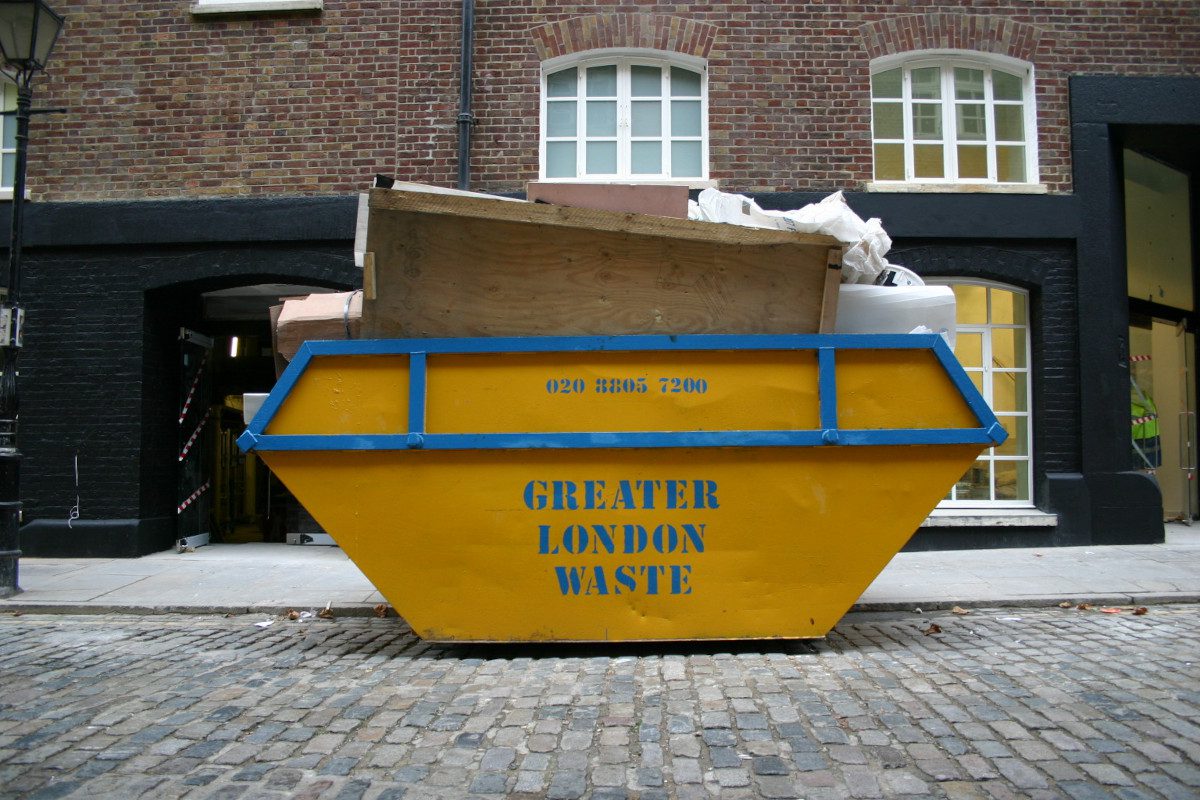
The London Assembly Environment Committee has published a report on waste management in the capital and the need to move to a circular economy. Advance publicity for ‘Too Good to Waste’ (released on 16 March) highlights London’s laggard status as a recycler and its over-reliance on incineration.
- Only 33 per cent of London’s local authority-collected waste is currently recycled – the lowest of any region in the UK (the England average is 43.8 per cent) and recycling rates have also stagnated – it has hovered around the 30 per cent mark since 2014-15.
- London burns over half its waste for energy, sending the largest proportion of the total local authority-collected waste to incineration at 63 per cent (2.3 million tonnes).
- Local authorities in London collected 99,000 metric tons of waste that was sent to landfills in the year ending 31 March 2020. As of 2018, the capacity of landfills accepting London’s waste is expected to run out by 2026 and London’s waste bill was also in excess of £2 billion a year, and rising.
- A waste strategy that pursues a circular economy, incorporating a culture of preventing waste, as well as reusing, recycling and repairing, can offer a solution.
- ReLondon has estimated that a circular economy could reduce waste by up to 60 per cent. It can also save Londoners money in a city with a large population, as demonstrated by the rise of ‘freecycle’ groups and charities distributing unwanted electronics and furniture.
- On average, 50 per cent of London’s population live in flats: in some boroughs this is as high as 80 per cent.Flats often have a lack of accessible and sufficient storage space for recycling, and can be expensive for local authorities to service.
The report makes a number of recommendations to the Mayor of London, including:
- Review London’s waste management targets with a stronger emphasis placed on reuse, repair and recycle. New targets should be set for an overall reduction in waste produced in London with year by year targets for specific forms of waste management.
- Lobby the Government and housing developers to support higher standards for recycling in flat developments, whilst ensuring adequate facilities are included in plans for housing funded directly from the Mayor’s budget.
- Along with ReLondon work with local authorities to identify areas where non-domestic food waste collection could be improved, building on the food waste trial in Southwark. Given concerns about the rising cost of living, focus should be placed on bringing hospitality businesses in close contact with charities needing food donations.
- Support policies to reduce the amount of waste that is burned in incinerators. Having made it clear that he does not support new incineration capacity, the use of incineration should be avoided to minimise its impact and a circular economy and wider changes in consumption should be adopted to reduce waste.
Zack Polanski AM, Chair of the London Assembly Environment Committee, said:
“Every year London creates monstrous piles of waste that mostly get burned, which is a huge waste of resources. There is a tonne of data proving how harmful waste is, especially single-use plastic, but the Mayor can do more to change public attitudes and influence policymakers to prioritise waste reduction.
“Our city needs a shift in culture and behaviour when it comes to managing waste. London needs to embrace a circular economy where waste is minimised, and it is the simplest and easiest choice to repair and reuse. As the saying goes, one person’s rubbish is another person’s treasure, and the circular economy is key to making sure more items are re-used or reconverted.
“The time is now for the Mayor to lead the way by transforming the way our waste is managed. A circular economy can create new jobs, benefit London’s economy, and have a tremendously positive impact on the environment.”







